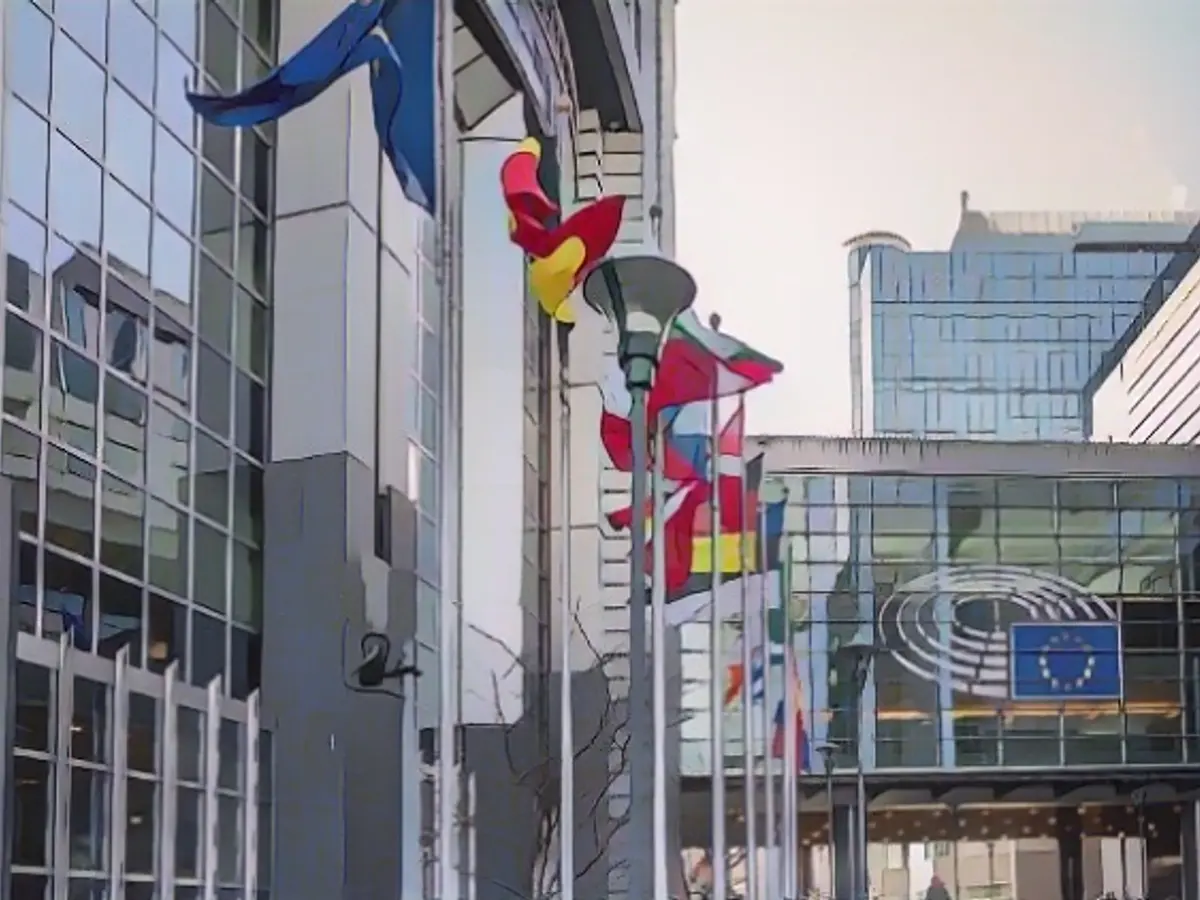EU Stands Firm on Encryption in Child Abuse Fight
In a significant decision, Members of the European Parliament (MEPs) have chosen to protect end-to-end encryption, refusing to allow search or intervention in encrypted chats even in the fight against child abuse online. This stance was taken during a debate on a proposed law aimed at combating the dissemination of child sexual abuse content.
Platforms such as Facebook, Instagram, and pornographic sites like Youporn will still be required to report suspected abuse and remove illegal content according to the European Commission's proposal. However, the concern that mass surveillance of encrypted chats could ensue in the search for potential pedophiles was alleviated, as the Parliament's proposal precludes such activity.
MEP Patrick Breyer, representing the Pirate Party, applauded this decision as a "success for civil liberties." The Union's spokesperson on home affairs, Lena Düpont (CDU), described the situation as a reversal of the controversial proposal, emphasizing that it had been "turned on its head."
A compromise between data protection and the protection of children online was reached by MEPs from various political groups. Birgit Sippel, the Social Democrats' spokesperson for home affairs, highlighted the shift towards preventative measures and the encouragement of users to report illegal content.
The EU member states have not yet reached a consensus on the proposed law, but Germany, in particular, has opposed any intrusion into encrypted chats. Federal Minister of the Interior Nancy Faeser (SPD) recently emphasized the importance of not unfairly targeting every citizen.
It's essential to note that while the EU's efforts to combat child abuse content online have been steadfast, the approach to end-to-end encryption remains a topic of controversy. The broader EU context includes a focus on data protection, as seen in the General Data Protection Regulation (GDPR), as well as strategies to combat child abuse online, such as the Better Internet for Kids Strategy (BIK+) and the EU Strategy for a more effective fight against child sexual abuse (CSA). However, the exact positions of EU member states on the encrypted chat issue are not explicitly detailed.
The UK, for instance, has taken a strong stance against online child abuse, introducing new laws that criminalize the creation, distribution, and possession of AI-generated child abuse material, making it the first country to do so.
In conclusion, while the EU's approach to protecting children online and data privacy is complex, one thing is certain: the battle against child abuse online will continue, requiring a balance between security, privacy, and responsible online behavior.






